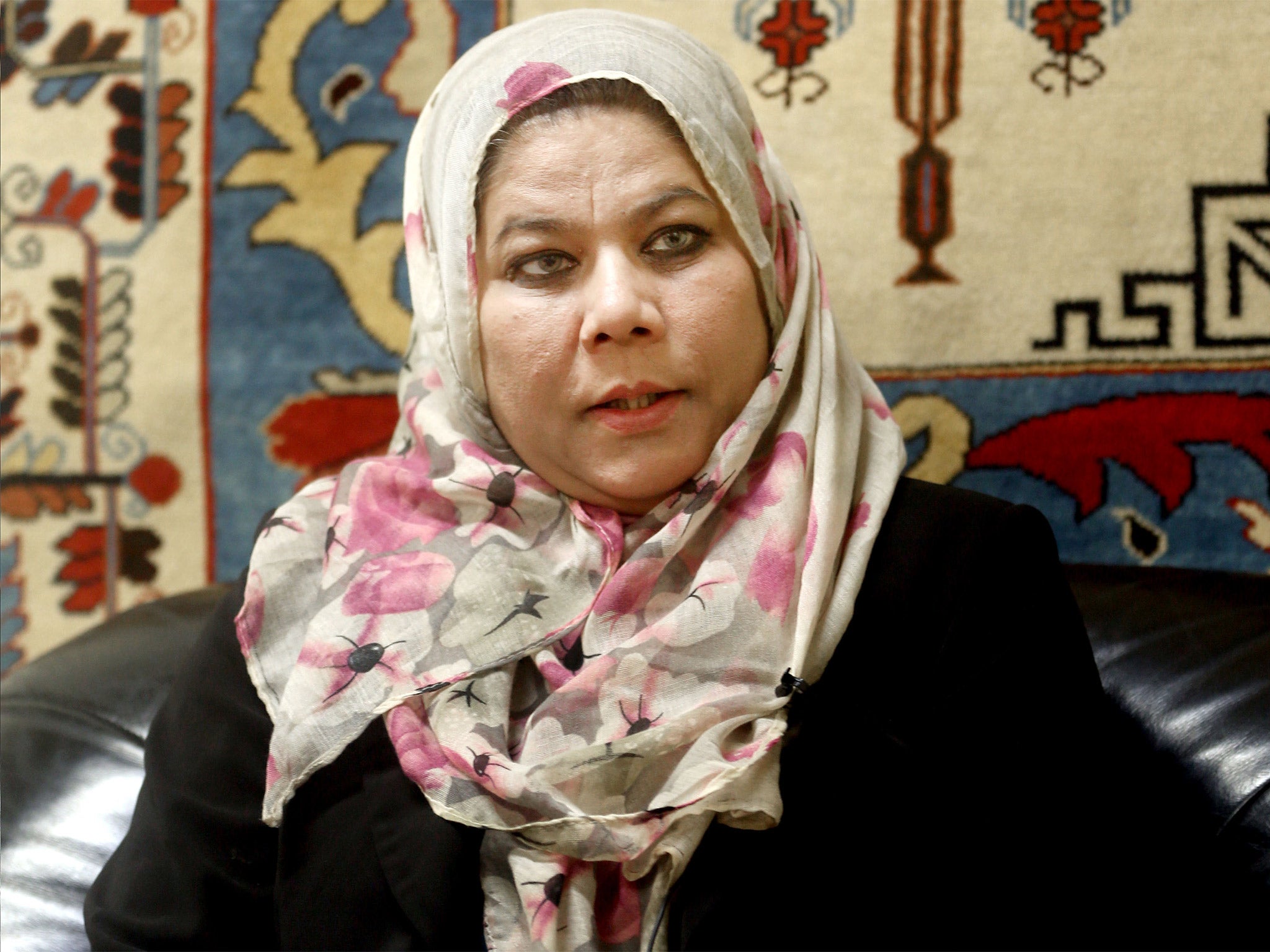Radio Shaesta: Afghan station dedicated to women’s rights back on air six months after Taliban attack
Radio is a powerful medium in Afghanistan, and in the north, where just 15 per cent of women can read and write, it is a rare portal to the outside world

Your support helps us to tell the story
From reproductive rights to climate change to Big Tech, The Independent is on the ground when the story is developing. Whether it's investigating the financials of Elon Musk's pro-Trump PAC or producing our latest documentary, 'The A Word', which shines a light on the American women fighting for reproductive rights, we know how important it is to parse out the facts from the messaging.
At such a critical moment in US history, we need reporters on the ground. Your donation allows us to keep sending journalists to speak to both sides of the story.
The Independent is trusted by Americans across the entire political spectrum. And unlike many other quality news outlets, we choose not to lock Americans out of our reporting and analysis with paywalls. We believe quality journalism should be available to everyone, paid for by those who can afford it.
Your support makes all the difference.Six months after fleeing a Taliban assault on her city, the owner of an Afghan radio station devoted to women’s rights is back home and returning to the airwaves.
Zarghona Hassan is a lifelong activist and the founder of a radio station in Kunduz that until last year reached hundreds of thousands of listeners across northern Afghanistan, where the vast majority of women are illiterate and largely confined to their homes.
Radio Shaesta – Pashto for “beauty” – had sought to educate them about their rights and address taboo subjects such as reproductive health and domestic violence. A programme called Unwanted Traditions took a critical look at centuries-old Afghan customs, such as the forced marriage of young girls in order to resolve disputes. Introducing Elites featured interviews with women who have succeeded in politics and activism, or helped other women in their communities.
“We have had an enormous impact on the lives of women, raising their awareness of their rights and of what they can achieve, encouraging women to take part in politics, to vote and to put themselves forward for provincial council seats,” Ms Hassan said.
Radio is a powerful medium in Afghanistan, and in the north, where just 15 per cent of women can read and write, it is a rare portal to the outside world. Radio Shaesta reached up to 800,000 people.
“I’ve met illiterate women weaving carpets with the radio on because they can listen and it doesn’t interrupt their work,” Ms Hassan said.
She invited Islamic scholars on to her programmes to give their seal of approval. But the Taliban views her as a threat to the country’s moral fabric. One of her many death threats even specified an exact date. So when the insurgents stormed into Kunduz last September, she had to run. She hid in a relative’s basement, then donned an all-covering burka and fled the city.
Over three days the Taliban looted businesses, hunted down activists and burned Shaesta. Now, six months later, Ms Hassan has returned to Kunduz and, helped by a $9,000 United Nations Development Programme grant, the station was back on air in time for International Women’s Day.
“Women’s rights are a key lever toward improving the lives of the entire community,” said UNDP country director Douglas Keh. “When women and girls have the same opportunities [as men and boys] in education, and the same economic opportunities, society as a whole benefits.”
AP
Join our commenting forum
Join thought-provoking conversations, follow other Independent readers and see their replies
Comments